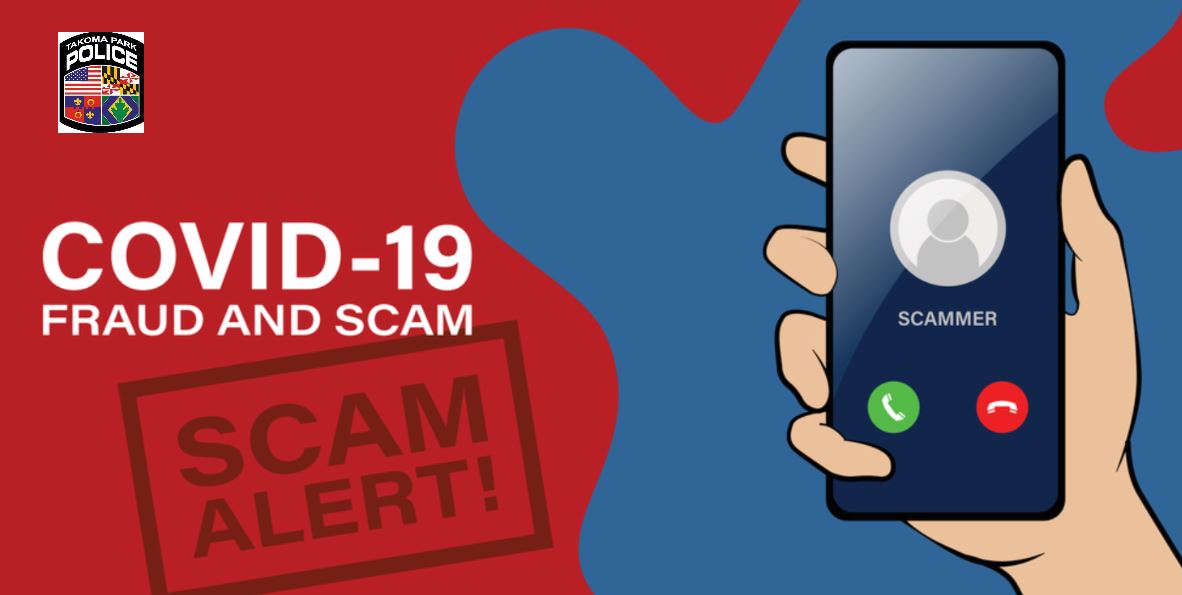COVID-19 Consumer Scams
The Federal Communications Commission (FCC) warns of scammers preying on consumers during the pandemic (and even in the aftermath) trying to capitalize on the COVID-19 vaccines. Get tips to avoid these scams.
- COVID-19 text scams may falsely advertise a cure or offer bogus tests. Learn more and see examples of scam texts.
- Robocall scams have focused on health and financial concerns connected to COVID-19. Learn more and listen to actual scam audio.
- As online shopping increases, so do delivery notification scam calls and texts. Find out what to watch out for.
- Fraudsters are trying to steal insurance information, money or both. Get tips to avoid offers for bogus COVID-19 antibody tests or pharmacy scams.
- Contact tracing scams are on the rise. Find out more about contact tracing and how to protect yourself.
- Coronavirus scammers are targeting older Americans. Get information to share with seniors and their families.
- Peer-to-peer (P2P) mobile payment apps help consumers avoid contact with vendors, but missteps in P2P app use can be costly. Find out what you can do to avoid being scammed.
Tips for Avoiding COVID-19 Scams
- Do not respond to calls or texts from unknown numbers, or any others that appear suspicious.
- Never share your personal or financial information via email, text messages, or over the phone.
- Be cautious if you’re being pressured to share any information or make a payment immediately.
- Scammers often spoof phone numbers to trick you into answering or responding. Remember that government agencies will never call you to ask for personal information or money.
- Do not click any links in a text message. If a friend sends you a text with a suspicious link that seems out of character, call them to make sure they weren’t hacked.
- Always check on a charity (for example, by calling or looking at its actual website) before donating. (Learn more about charity scams.)
If you think you’ve been a victim of a coronavirus scam, contact law enforcement immediately. File coronavirus scam complaints online with the Federal Trade Commission.
For more information about scam calls and texts, visit the FCC Consumer Help Center and the FCC Scam Glossary.
The FCC has continued to process informal consumer complaints. View data, by category, for informal consumer complaints related to COVID-19 and the Keep Americans Connected Pledge. Learn more about the FCC response to the pandemic at fcc.gov/coronavirus.

